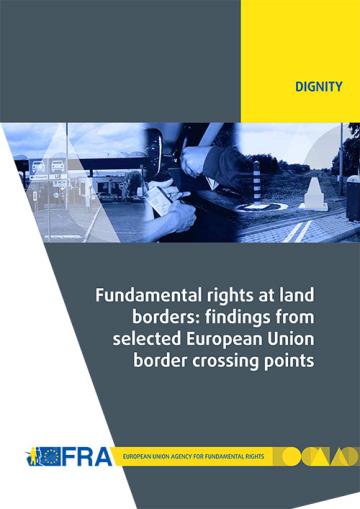Help us make the FRA website better for you!
Take part in a one-to-one session and help us improve the FRA website. It will take about 30 minutes of your time.

EU Charter of Fundamental Rights
Artículo 41 - Derecho a una buena administración
1. Toda persona tiene derecho a que las instituciones, órganos y organismos de la Unión traten sus asuntos imparcial y equitativamente y dentro de un plazo razonable. 2. Este derecho incluye en particular: a) el derecho de toda persona a ser oída antes de que se tome en contra suya una medida individual que la afecte desfavorablemente; b) el derecho de toda persona a acceder al expediente que le concierna, dentro del respeto de los intereses legítimos de la confidencialidad y del secreto profesional y comercial; c) la obligación que incumbe a la administración de motivar sus decisiones. 3. Toda persona tiene derecho a la reparación por la Unión de los daños causados por sus instituciones o sus agentes en el ejercicio de sus funciones, de conformidad con los principios generales comunes a los Derechos de los Estados miembros. 4. Toda persona podrá dirigirse a las instituciones de la Unión en una de las lenguas de los Tratados y deberá recibir una contestación en esa misma lengua.



